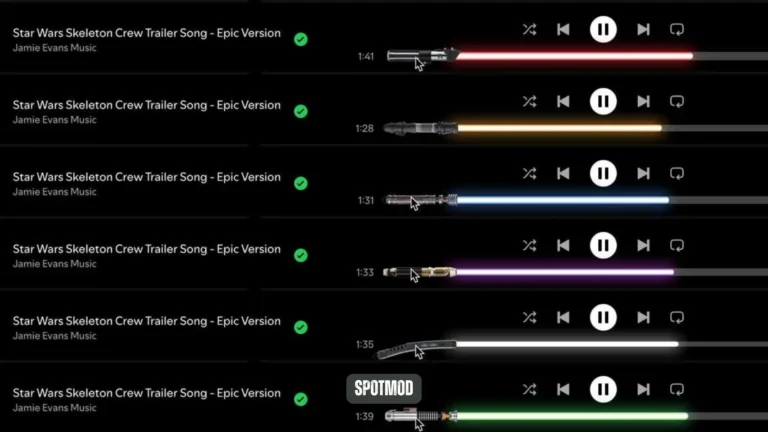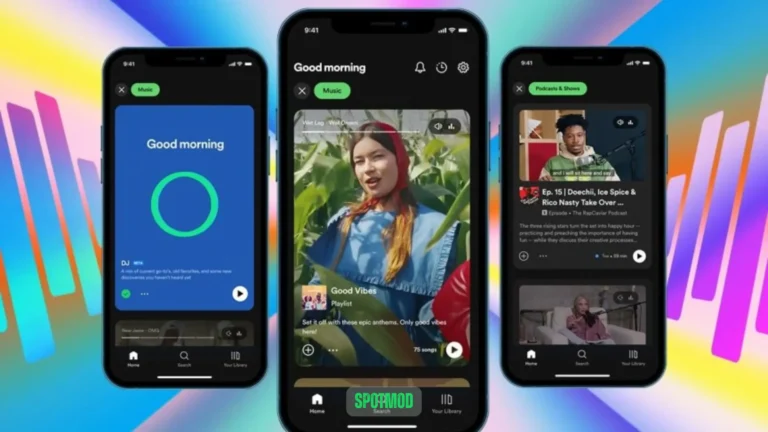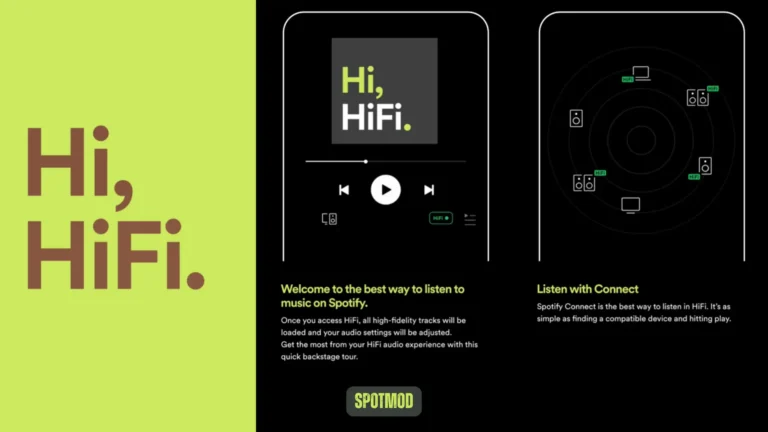Spotify’s Crackdown on Boomy: Detailed Analysis Into Music Battle
In a growing clash between traditional music standards and AI-generated content, Spotify’s crackdown on Boomy, a platform known for AI-created music, marks a turning point in how streaming services regulate and authenticate digital content.
This detailed breakdown explores what happened, why it matters, and how it could shape the future of music creation, distribution, and monetization in the era of artificial intelligence.
Spotify vs Boomy
Boomy is a music creation platform that allows users — with or without musical experience — to generate full songs using artificial intelligence. Within minutes, users can create tracks, publish them on streaming platforms, and even earn royalties.
The concept democratizes music production, giving rise to millions of AI-generated songs, many of which made their way onto Spotify. However, the growing volume and suspicious activity surrounding some of these uploads triggered a reaction from Spotify.
Spotify’s Crackdown on Boomy
In early 2023, Spotify removed thousands of tracks uploaded via Boomy, citing concerns over artificial streaming manipulation and content authenticity. This was one of the first major actions taken by a leading streaming platform against AI-generated music content.
Spotify claimed that a notable portion of Boomy-uploaded tracks were associated with abnormal streaming patterns, possibly boosted by bots or stream farms — activities that violate Spotify’s terms and undercut fair artist compensation.
While the removal was temporary for some content, it sent a strong message: Spotify will not tolerate manipulation, even from emerging tech-driven platforms.
Why Did Spotify Target Boomy?
Artificial Streaming
One of Spotify’s core concerns was the inflation of streaming numbers through automated methods. With Boomy tracks being produced and uploaded in massive volumes, some users may have attempted to artificially boost play counts for monetization, compromising Spotify’s ecosystem integrity.
Music Quality
Another underlying issue was the volume-over-quality nature of AI music. Critics argue that while Boomy empowers creativity, it also floods platforms with generic, low-effort music, making it harder for human artists to gain visibility.
Spotify, like other platforms, aims to maintain a baseline standard of quality — and mass-produced AI content challenges that effort.
Broader Context
This crackdown isn’t just about Boomy. It reflects a larger industry reckoning over how to handle AI in music — balancing innovation with ethics, fairness, and user experience. Streaming platforms are increasingly being asked to define what counts as “music” and how royalties are distributed in a world where machines can now compose.
The Music Industry Response
Spotify’s move sparked intense debate across the music world:
Industry groups have also called for clearer regulation, especially around streaming fraud and AI attribution rights.
Conclusion
Spotify’s measures against Boomy are about more than removing a few songs — they represent a larger stand against streaming fraud, and a pivot point in the AI vs human music debate.
As artificial intelligence becomes more embedded in music production, platforms like Spotify will face increasing pressure to monitor content integrity, protect artist revenue, and balance openness with quality control.
One thing is certain: the intersection of music, AI, and monetisation is just beginning — and the Boomy episode is only the opening note.
Get Spotify on iOS, Android, MacOS, PC, and Smart TV. For more updates on Spotify policy changes and tools to explore its ecosystem, visit our homepage.







